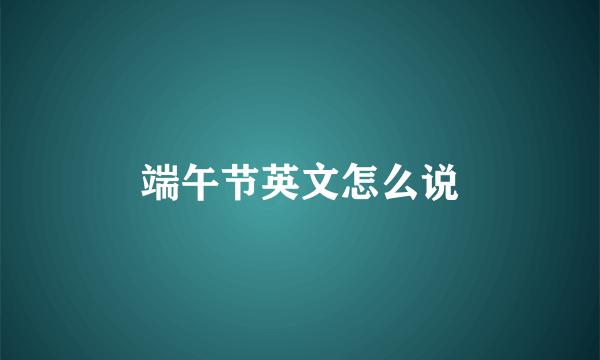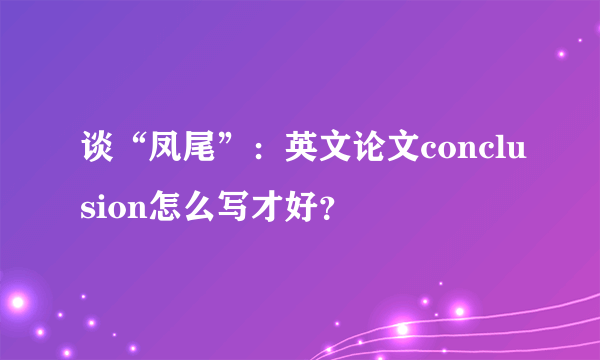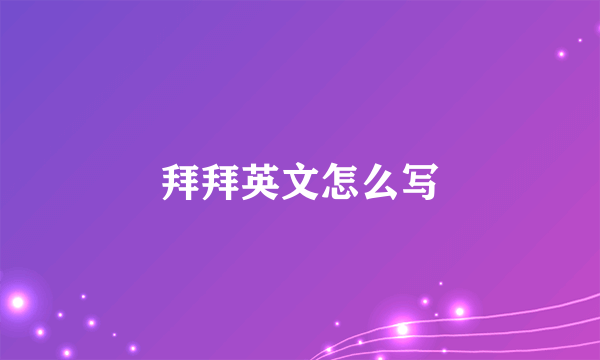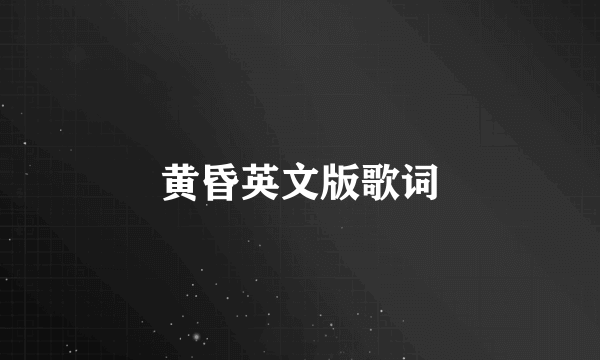端午节英文怎么说
的有关信息介绍如下:
Dragon Boat Festival
端午节(农历五月初五),又称端阳节、龙节、重午节、龙舟节、正阳节、浴兰节、天中节等等,是中国民间的传统节日。端午节源自天象崇拜,由上古时代龙图腾祭祀演变而来。仲夏端午,苍龙七宿飞升至正南中天,是龙飞天的日子,即如《易经·乾卦》第五爻的爻辞曰:“飞龙在天”。端午龙星既“得中”又“得正”,处在大吉之位,恩施普也,龙德显扬。端午节的起源涵盖了古老星象文化、人文哲学等方面内容,蕴含着深邃丰厚的文化内涵;在传承发展中杂揉了多种民俗为一体,节俗内容丰富。扒龙舟与食粽是端午节的两大礼俗,这两大礼俗在中国自古传承,至今不辍。
Dragon Boat Festival 是正宗的译法。
下面是英文百科关于端午节的介绍, 有很多新词参考。
Duanwu Festival (Chinese: 端午节), also known as Dragon Boat Festival, is a traditional and statutory holiday associated with Chinese and other East Asian and Southeast Asian societies as well. It is a public holiday in Taiwan, where it is known by the Mandarin name Duānwǔ Jié, as well as in Hong Kong and Macau, where it is known by the Cantonese name Tuen Ng Jit. In 2008, the festival was restored in China as an official national holiday. The festival is also celebrated in countries with significant Chinese populations, such as in Singapore and Malaysia. Equivalent and related festivals outside Chinese-speaking societies include the Kodomo no hi in Japan, Dano in Korea, and Tết Đoan Ngọ in Vietnam.
The festival occurs on the fifth day of the fifth month of the lunar calendar on which the Chinese calendar is based. This is the source of the alternative name of Double Fifth. In 2009 this falls on May 28 and in 2010 on June 16. The focus of the celebrations includes eating the rice dumpling zongzi, drinking realgar wine, and racing dragon boats.
In May 2009, the Chinese government nominated the festival for inclusion in UNESCO's global "Intangible Cultural Heritage" list, partly in response to South Korea's successful nomination of the Dano festival in 2005 which China criticised as "cultural robbery".
Dragon Boat Festival
端午节的由来
端午节
翻译结果:
the
origin
of
the
dragon
boat
festival
the
dragon
boat
festival



